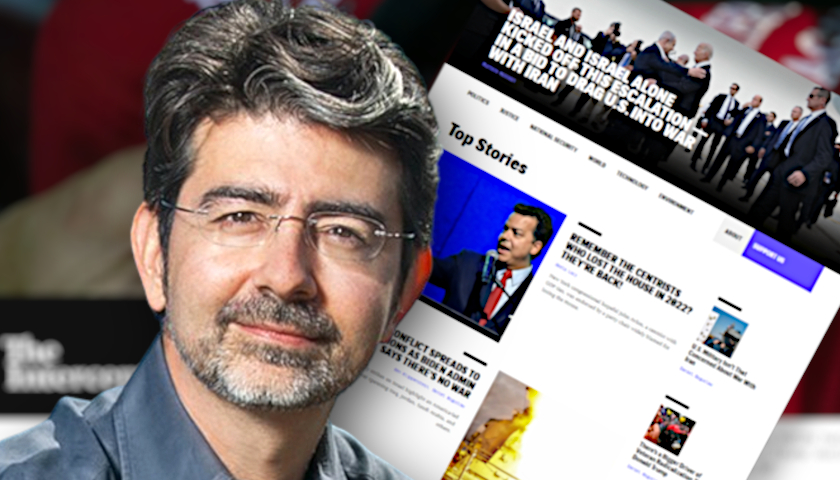by Addison Smith
Atop international science journal funded by the federal government recently acknowledged that thousands of its published research papers may contain misleading language.
More than 2,600 of the papers from “Science,” the peer-reviewed academic journal of the American Association for the Advancement of Science and one of the world’s top academic journals, were examined in depth by another research journal, “Scientometrics.” It found in a study that from 1997 to 2021, the use of “hedging” words have fallen by about 40%.
The study’s co-author and Nanjing University linguist Ying Wei said this revelation ought to be concerning because “essentially, the nature of academic knowledge is indeterminate.”
In academic writing, “hedging” means using cautious language (i.e., “could” or “appear to”) to avoid sounding overconfident and giving readers a misleading conclusion.
In 1997, there were about 115.8 hedging examples per 10,000 words. But by 2021, there were only 67.42 for the same amount.
Science’s news division highlighted this study of its research, and said that the reduction in hedging, according to some, “suggests a worrisome rise of unreliable, exaggerated claims.”
According to the non-profit Influence Watch, “the federal government is the largest identifiable source of funding for AAAS,” giving it $3.3 million annually between 2008 – 2017, not counting other grants it has received. Science was first published in 1880 with seed money from Thomas Edison.
Continuing, the journal group said “less hedging may reflect a subtle strategy by authors to sell their results to editors and readers as an alternative to explicit exaggeration,” according to the study.
In 2020, AAAS highlighted several scientists who steadfastly insisted that questions regarding Covid-19 coming from the Wuhan lab was merely “a conspiracy theory.” AAAS also repeatedly promoted Covid-19 vaccinations.
Social psychologist Melissa Wheeler reacted to the study’s findings, warning that prudence in academic research is “vital to communicating what one’s data can actually say and what it merely implies.”
“If academic writing becomes more about the rhetoric … it will become more difficult for readers to decipher what is groundbreaking and truly novel.”
A research journal from 2015 published by the British Medical Association’s weekly peer-reviewed medical trade journal, (BMA), found similar results, stating that “scientific abstracts are currently written with more positive and negative words,” which means “apparently scientists look on the bright side of research results. But whether this perception fits reality should be questioned.”
Despite the significant decline in hedging, Science denies that this has necessarily led to less reliable evidence. Instead, executive editor Valda Vinsion stated in the report that it may be due to authors being asked to provide additional supporting information.
“We tone down language if it comes across as definitive when [the evidence] is not,” she said.
Science associate news editor Jeffrey Brainard declined to comment when reached by Just the News.
– – –
Addison Smith is a reporter and podcast host for Just The News.





